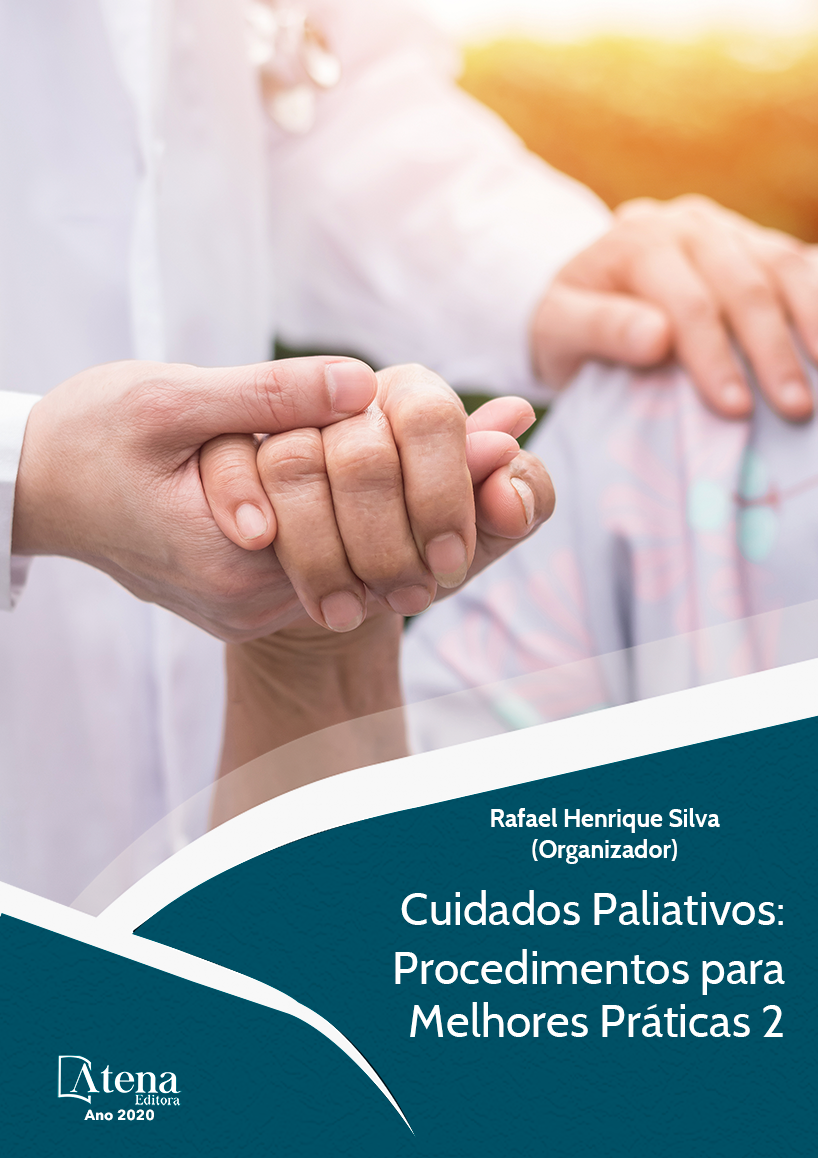
RETIRADA DE SUPORTE AVANÇADO DE VIDA NA TERCEIRA IDADE - TEMPO DE SOBREVIDA
Introdução: Cenário comum nos países desenvolvidos, os cuidados paliativos vêm ganhando espaço também no Brasil. Priorizar o cuidado e manejo de sintomas do paciente com mal prognóstico traz ao enfermo conforto e dignidade, permitindo sua morte de forma natural. Neste processo, a extubação paliativa tem se mostrado uma importante ferramenta. No presente trabalho, apresentamos 308 pacientes submetidos a extubação paliativa; acompanhamos sua evolução e tempo de sobrevida pós procedimento. Metodologia: Estudo retrospectivo analisando pacientes submetidos a extubação paliativa ao longo dos anos de 2016 e 2017 em hospitais privados de São Paulo. Resultados: 308 pacientes submetidos a extubação paliativa com média de idade de 80 anos, sendo 72% do sexo feminino. Os principais diagnósticos de admissão foram as infecções (41,5%), doenças neurológicas (31,1%), doenças cardiológicas (14,2%) e doenças oncológicas (12,9%). Após o procedimento, 28 pacientes (9%) faleceram em até 6h, 48 (15,6%) entre 6 e 24h. 22 pacientes (7,14%) receberam alta hospitalar e destes, 12 (3,89%) faleceram entre 30 e 90 dias e 8 (2,59%) faleceram após 90 dias (sobrevida máxima de 109 dias). Conclusão: Pelos resultados acima obtidos, entende-se a importância quanto ao estímulo a esta prática médica, uma vez que se tenta resgatar a dignidade do paciente e seus familiares, bem como humanidade ao serviço de saúde, servindo a extubação paliativa como ferramenta que possivelmente possa trazer desfechos menos agressivos e evitar terapias fúteis.
RETIRADA DE SUPORTE AVANÇADO DE VIDA NA TERCEIRA IDADE - TEMPO DE SOBREVIDA
-
DOI: 10.22533/at.ed.7972029053
-
Palavras-chave: Extubação Paliativa; Cuidados Paliativos, Tempo de Sobrevida
-
Keywords: Palliative Extubation; Palliative Care, Survival time
-
Abstract:
Introduction: A common scenario in developed countries, palliative care is also gaining ground in Brazil. Prioritizing the care and management of the patient's symptoms with poor prognosis brings the patient comfort and dignity, allowing their death in a natural way. In this process, palliative extubation has proved to be an important tool. In the present study, we present 308 patients submitted to palliative extubation; follow-up its evolution and post-procedure survival time. Methodology: A retrospective study analyzing patients submitted to palliative extubation over the years 2016 and 2017 in private hospitals in São Paulo. Results: 308 patients undergoing palliative extubation with mean age of 80 years, being 72% female. The main admission diagnoses were infections (41.5%), neurological diseases (31.1%), cardiological diseases (14.2%) and oncological diseases (12.9%). After the procedure, 28 patients (9%) died within 6h, 48 (15.6%) between 6 and 24h. 22 patients (7.14%) were discharged from hospital; of these, 12 (3.89%) died between 30 and 90 days and 8 (2.59%) died after 90 days (maximum survival of 109 days). Conclusion: Based on the results obtained above, it is understood the importance of encouraging this medical practice, since it seeks to recover the dignity of the patient and his / her relatives, as well as humanity to the health service, serving palliative extubation as a tool that possibly lead to less aggressive outcomes and avoid futile therapy.
-
Número de páginas: 9
- Gabriele Galli Casseb
- Marcella Boldrin dos Santos Coelho
- Maria Cecilia Speranzini Tosi
- Junior Camilo de Queiroz
- Carolina Tatiana Vieira Motta
- Amaro José Peixoto do Carmo
- Fabio Gonzaga Moreira


